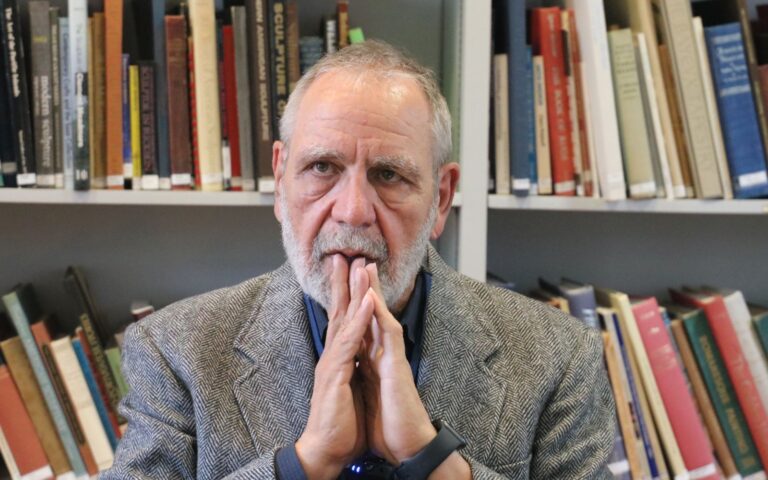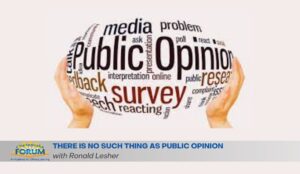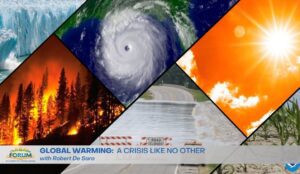Join Robert DeSaro in an engaging exploration of the complexities of sorting through the information surrounding the subject of global warming.
In his program last Fall called “A Crisis Like No Other,” Robert DeSaro posed an example of global warming. Global warming is now pushing us into a world of unsustainable heat and deprivation. Yet the facts continue to be obscured in a haze of political and cultural self-interest and corporate maneuvering, making it difficult to distinguish fact from fiction. Let’s face it… it is not easy to find unbiased, reliable, information. This is a critical problem since we all need to make choices on how we prepare for the changes global warming is bringing. Overreacting can cause undue costs and hardships while delaying necessary actions can make it exceedingly more difficult to mitigate the problem both for us and our progeny.
First Session – How People Make Decisions
There are surprisingly good reasons why people take positions. It has to do with how we evolved skills to survive as part of small tribes in hostile ancient environments – skills that don’t always work in today’s industrialized and technology-filled world. It’s really all about our beliefs and our drive to keep them intact. This often leads us to make seemingly illogical decisions such as choosing leaders based on their appearance and not on their qualifications, or denying global warming, in spite of the overwhelming evidence of it, because it puts our deeply held beliefs at risk. This session uses well-established scientific principles to explain these human phenomena and why they aren’t really illogical at all when viewed in terms of our inevitable mental makeup.
Second Session – Determining the Truth Amidst a Sea of Lies
The first session showed how we make decisions. We now turn to learning how to protect ourselves from the onslaught of misinformation and outright lies. Lies and misinformation become visible if we know how and where to look for them. Ten easy to learn, logical, techniques are shown, along with examples. Number three in the list provides ways to evaluate news sites for their factual content and thus avoid being fooled by self-interested outlets wanting only to manipulate us with lies and half-truths.
This program is for a general audience and a science background is not needed.
What to Expect: You will learn how and why people make seemingly illogical decisions, which from their perspective, and the evolutionary forces that shaped our thinking, are not illogical at all. But you will also learn techniques to determine what is true and what is not, in spite of your inherent biases.
Feedback from Robert’s last course:
“We need more of this!”
“Climate change is a nuanced subject about which there is considerable misinformation and misrepresentation in public discourse. I am looking forward to more clarity and insights.”
“Loved his presentation and information. His book is great. Should have been three sessions instead of two – too much good information.”
Here are your links to the YouTube Recordings of this course:




